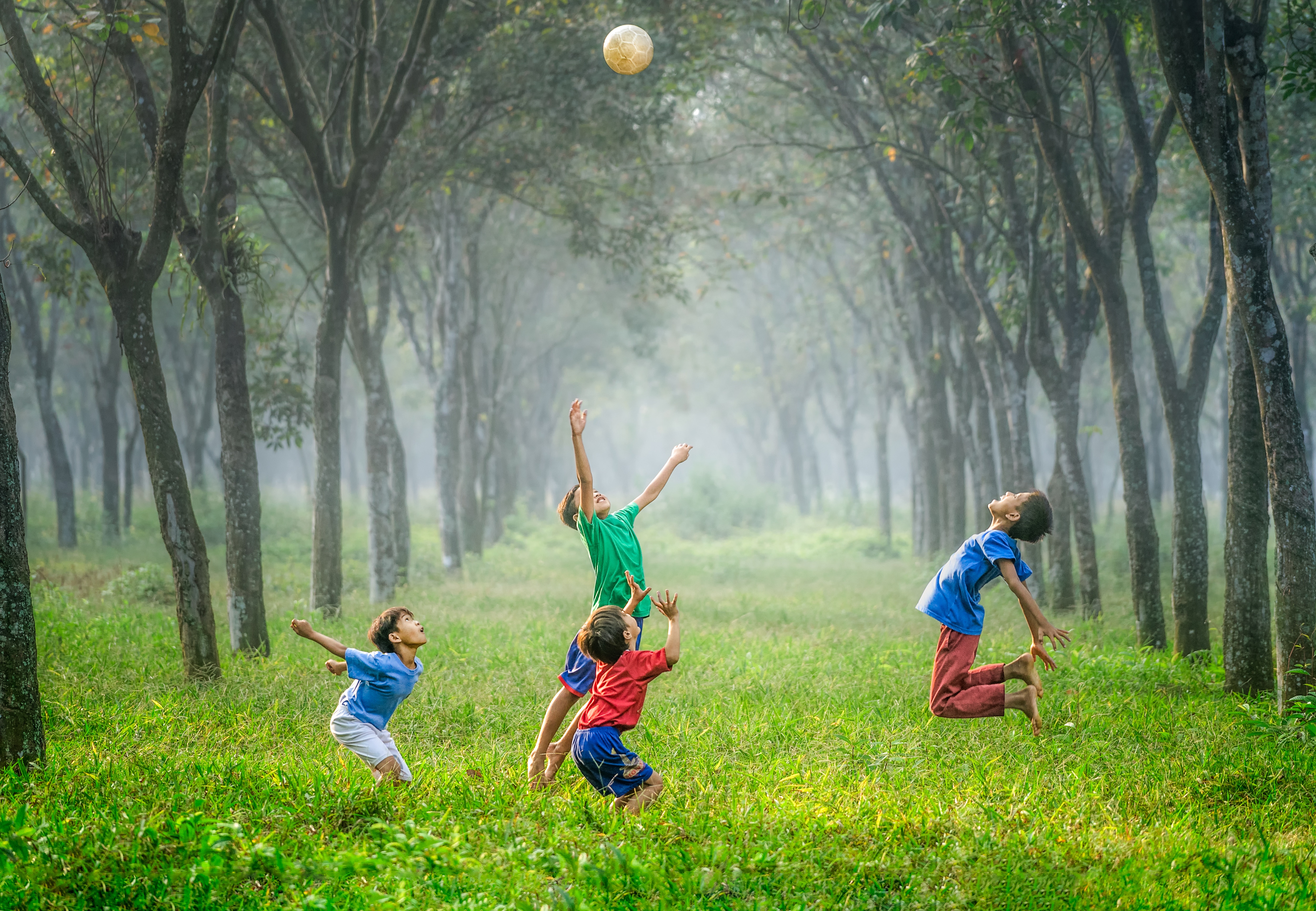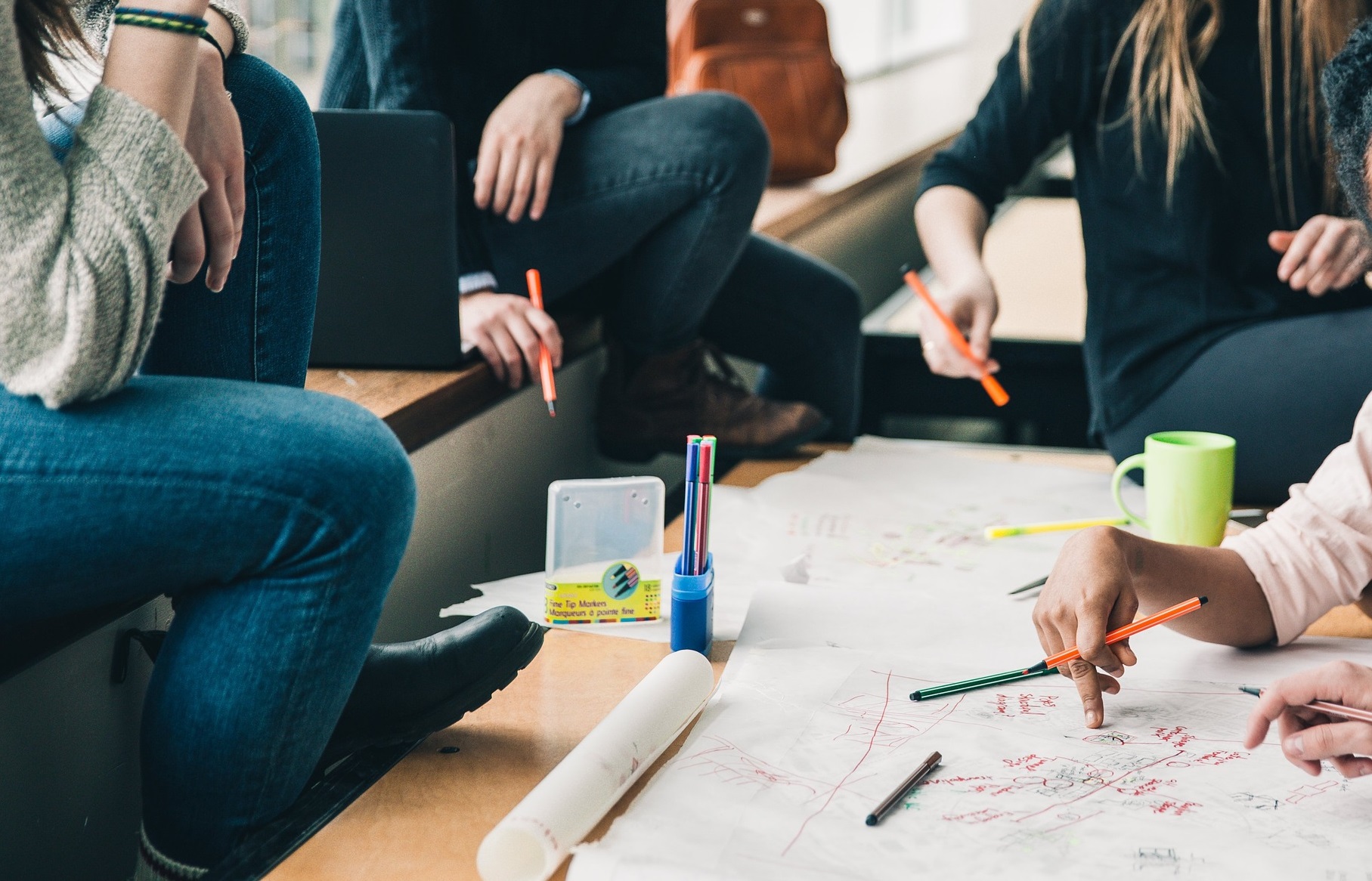8 Important Life Skills for Children While Growing Up

What are Life Skills
Life skills are simply the skills for adaptive and positive behaviour that enable you to better deal with the demands and issues of life. To put it another way, these are the abilities you’ll need to get the most out of life.
Children today have global peers, which means they have global competition. While it’s important for students to learn the curriculum, it is just as important for them to possess basic soft skills in order to cope with the “big, bad world”. Over the years, the roles of schools and educators have changed vastly, as has the job market and the economy. More and more schools are emphasising on practical and soft skill development to ensure the holistic growth and success of their students. Look at it this way; book knowledge is base camp, while co-curricular and extracurricular activities are the summit they can conquer to succeed at life. Today, educational institutions are making innovative changes to education, not only through tests but also by taking steps to introduce soft skills training for the overall development of the student. If you are looking to introduce soft skill training to your students, here’s a list of topics that can prove to be a good start.
Help your students discover their skills and strengths through Mentoria’s career assessment test, our premier psychometric test which helps you find your ideal career.
If you are looking to introduce soft skill training to your students, here’s a list of topics that can prove to be a good start
Creative Thinking
Every child is born with an inherent sense of curiosity, but it usually stifled along their growth. Encourage children to think, ask questions and share their own observations. Techniques like telling them open-ended stories and discussing possible endings, discussing multiple viewpoints in class, active sessions of brainstorming, answering their “whys” with patience, and mediating an exchange of ideas help build curiosity and consequently invoke their creative thinking. These techniques are universal and could be adapted within the class or otherwise. To practise creativty, you can grab a pencil, some paper and give yourself five minutes to think. You can either write a poem or draw a sketch.
Time Management
Students live hectic lives. Between school, coaching classes, extra-curricular activities, projects and socialising, time is the most important resource they’ll need to manage. Exercises with interesting props such as an hourglass are more impactful than simply telling them what to do. Every student is different, and each will take their own time, but doing these exercises consistently over a period of time will help them master time management.
Problem-Solving
Problem solving is a prerequisite for attempting just about anything, be it academic or in real life. Introduce the students to steps like defining a problem, thinking of ways to solve them with tools such as brainstorming, selecting a probable solution after evaluating the pros and cons and, finally, implementing the solution. Again, props, games and roleplay can make this process more fun and emphatic.
Social Skills
Not all students come from strong households; many lack the social skills required to function in society. Honing interpersonal skills, being part of a team and a good team player, being more tolerant towards those different from us, managing anger, and showing mutual respect are a few of many social skills all children should be taught. In a volatile world like ours, it is upon educators to churn out batches of future citizens that are more compassionate, understanding and mindful towards each other.
Communication Skills
No, we are not talking about possessing great linguistic skills. While learning how to speak immaculate English is an ongoing process, it is not enough to know just that. Soft skills like public speaking, confident body language, and knowing social no-nos will go a long way for your students. Holding group discussions and debates in class, public speaking assignments, mock email assignments, and other such activities will ease the students, even the shy ones, into having a more confident demeanour. Do not forget that giving individual feedback goes a long way.
Looking for more valuable information on careers? Check out Mentoria’s Knowledge Gateway! We’ve got a career library full of tips and advice as well as webinars from industry professionals. Sign up to Mentoria and get lifetime access to the Knowledge Gateway! Discover more here:
Stress Management
As discussed in our previous piece, stress is an integral part of a human being’s life and children deal with duress on a regular basis. If they are not taught how to manage it, stress may affect them in a harmful way. Stress relieving activities such as physical exercise, music and art are already a part of the curriculum, and can be easily adapted to manage stress. Having an on-campus counsellor will also help the school in dealing with more serious cases. To learn how to manage your stress, you can start by a simple activity like going for a 10-15 minutes walk. According to a few studies, if you take a walk when you are stressed, it will help reduce endorphins in the system that cause stress.
Practical Skills
Like they say on the Internet, “Adulting is hard.” Many adults lack the basic skills required for survival simply because no one taught them growing up. Practical skills such as basic cooking, using tools safely, first aid procedures such as Heimlich and CPR, and general home economics could be a part of co-curricular and extra-curricular activities in schools.
Interpersonal Skills
Many workplaces invite experts to train employees in specific skill sets. Schools could also make guest speakers a periodic fixture. Knowledge about topics such as the basics of banking, taxes, project management, critical thinking, self-motivation, decision making, and even sex education are topics all students will need to learn about when growing up.
To build up interpersonal skills, you can start with a simple skill-builiding activity like hosting a webinar and inviting your friends to ask questions and share knowledge about a particular topic.
Why is it Crucial to Learn this in School?
Today, the role of education has progressed far beyond simply teaching students about specific subjects and helping them score well enough to get into a good college. Students are stressed, depressed and finding it harder and harder to cope with our fast-paced world. As their primary source of education, you have the power to mould them into bright, successful individuals who learn how to “live and let live”. Most students may never solve a quadratic equation or balance a chemical reaction once they pass school, but the soft skills you teach them will help them through every important moment of their lives. It is a little difficult to imbibe knowledge, understand it and then change your ways once you’re older. Hence it is important to inculcate these skills right from their school days. Not only does this benefit your students, it also makes your institution look good.
If you think your students require guidance to discover their ideal career path, get in touch with Mentoria! Our 4-step career guidance solution, helps us find the right career fit for each student from 3 streams, 850+ courses & 12,000+ careers.









